
Project Blog
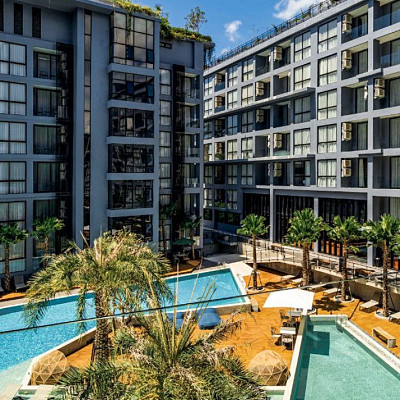
Thailand has long been a leader in tourism revenue in Southeast Asia, with last year’s income reaching an impressive $66 billion. Recently, hotel chains have been actively leveraging this tourism boom by managing apartment complexes and renting them out. Property owners, in turn, receive guaranteed annual income through contractual agreements.
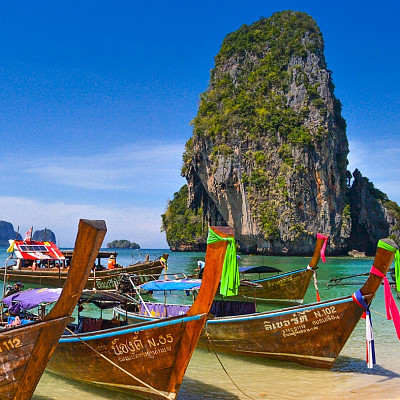
Phuket's economy is booming, driven by a thriving tourism industry that brings billions into the region. A stable currency and limited available land make the island highly attractive for long-term investments. Projects from global developers, flexible transaction terms, and high-yield rental programs offer investors significant opportunities to maximize their returns.
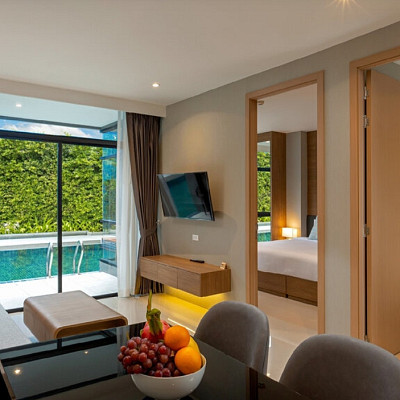
The Thai real estate market is experiencing another surge in demand, and investments in the Kingdom's apartments and villas are becoming increasingly popular due to the attractive climate, developing infrastructure, and growing tourist flow. Experts predict that the residential real estate market will reach $2.08 trillion this year, with steady growth expected, pushing the total market to $2.63 trillion by 2028.
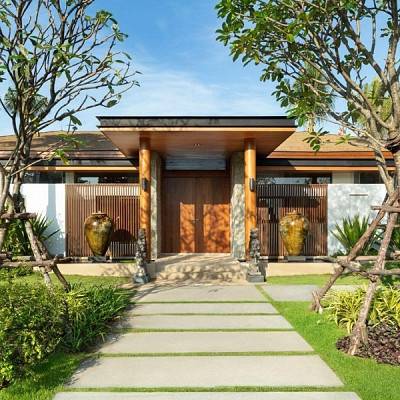
Thai real estate offers two main ways to generate profit: rental income and resale at a higher price. Most developers market their projects as investment properties, promising impressive rental returns and significant increases in property values. However, not all projects are as attractive as the advertisements claim. Let's take a closer look at these aspects.

Russia continues to be a major player in Thailand's real estate market, maintaining its position among the top three investors alongside China and Myanmar. Despite a slight decline in transactions by Chinese and Russian citizens in Q1 2024 compared to Q1 2023, the overall transaction volume remains dominant.
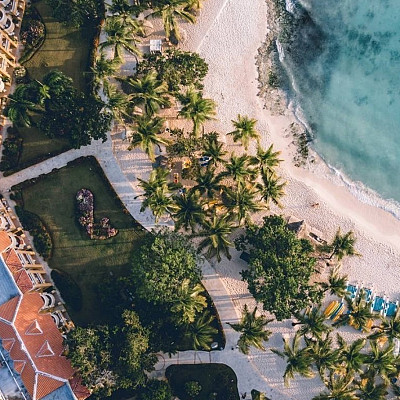
Buying and maintaining real estate requires a careful approach, especially if you plan to earn income by renting out the property. It is important to understand that minimizing expenses directly impacts increasing profits. However, many buyers often overlook this and rely solely on promises of guaranteed returns of 7-10% annually.
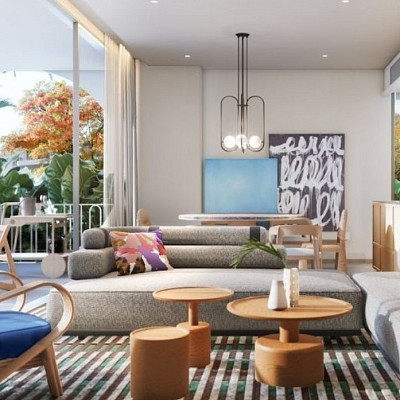
The authorities of the Kingdom are preparing significant changes to real estate legislation. According to media reports, the Department of Lands in Thailand plans to present a bill to the Cabinet that would allow foreign property owners to extend the lease term on land to 99 years and increase the foreign ownership quota in condominiums to 75%.
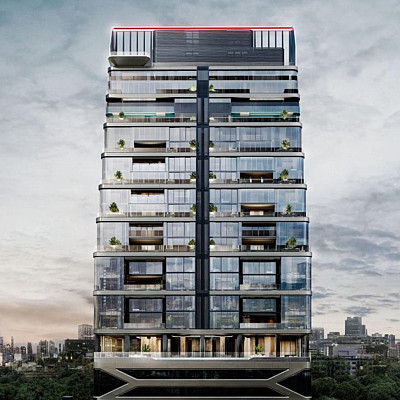
In Bangkok, where skyscrapers have long become an integral part of the urban landscape, another architectural masterpiece is soon to appear. It promises to become a new symbol of luxury and elegance: the Porsche Design Tower Bangkok. Currently existing only as a project, this residential complex is already attracting significant attention from investors as one of the most anticipated and ambitious residential developments in Thailand.



